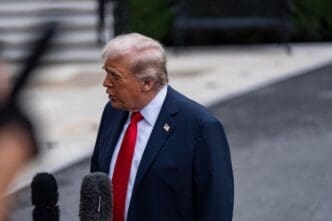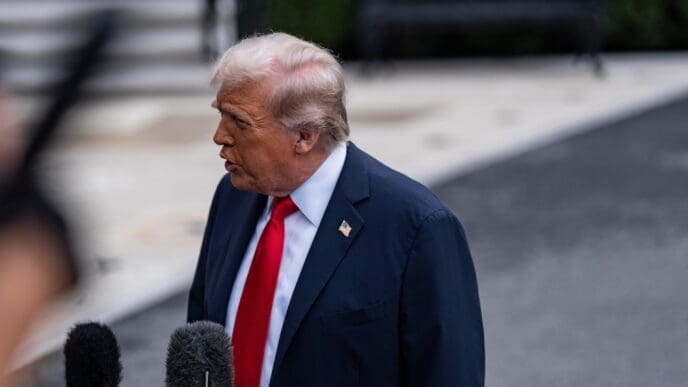Executive Summary
The Story So Far
Why This Matters
Who Thinks What?
A senior Democratic member of the Senate Armed Services Committee has stated that Defense Department officials failed to provide conclusive evidence that individuals killed in a recent US military strike in the Caribbean were members of the Venezuelan gang Tren de Aragua. Senator Jack Reed (D-RI), the committee’s ranking member, asserted on Tuesday that the Pentagon briefing for congressional staff lacked positive identification of the boat’s origin or its crew’s alleged gang affiliations, raising further questions about the strike’s legal justification.
Questions on Target Identification and Destination
Senator Reed emphasized that the briefers did not offer definitive proof that the vessel was Venezuelan or that its occupants were affiliated with Tren de Aragua or any other cartel. This contradicts earlier claims from the Trump administration, which had asserted the targets were “positively identified Tren de Aragua narcoterrorists.”
Furthermore, the Pentagon officials reportedly acknowledged they could not determine the exact destination of the boat. While President Trump had stated the individuals were en route to the US, Secretary of State Marco Rubio initially suggested the drugs were likely headed to Trinidad or another Caribbean nation, contributing to regional instability.
Sources familiar with the briefing also indicated that the boat turned around after apparently spotting a military aircraft. This maneuver has prompted additional scrutiny regarding whether the vessel posed an immediate threat to the US, thereby necessitating military intervention.
Legal Justification Under Scrutiny
Senator Reed strongly contended that there was no evidence to suggest the strike was conducted in self-defense. He argued that under both domestic and international law, the US military lacks the authority to use lethal force against a civilian vessel unless acting in self-defense.
In response, Pentagon spokesman Sean Parnell issued a statement asserting that Department of War representatives clearly communicated to congressional staff that the operation was within President Trump’s and the DOW’s legal authority. Parnell claimed that the representatives presented information proving the government knew the identities, foreign terrorist organization connections, and final destination of the individuals on the boat.
Briefers reportedly invoked President Trump’s authority under Article II of the Constitution, which allows the use of military force when it is in the national interest. They also stated that lawyers had approved the attack but declined to disclose which lawyers or their specific reasoning.
Administration’s Stance and Intelligence Details
President Trump had previously posted that the US military had struck “positively identified Tren de Aragua narcoterrorists” in the SOUTHCOM area of responsibility. Administration officials have argued that the 11 individuals on the speedboat, which the US destroyed in international waters, were legitimate military targets due to their alleged membership in the designated terrorist organization and their purported intent to travel to the US.
During the briefing, defense department officials presented intelligence, including alleged audio “tapes” alluded to by Trump, suggesting the targets were drug traffickers carrying drugs. However, briefers reportedly conceded they lacked sufficient intelligence to definitively conclude that the individuals were members of Tren de Aragua, as opposed to unaffiliated, low-level drug traffickers.
Secretary of Defense Pete Hegseth reiterated on Fox News that the alleged gang members were “narcoterrorists.” He affirmed, “We knew exactly who it was, exactly what they were doing, exactly where they were going, what they were involved in.”
Congressional Pushback
Following the briefing, Senator Reed, along with 20 other Democrats, sent a letter to the Trump administration. The letter raised further questions regarding the strike’s legal justification and the intelligence supporting the alleged gang affiliation of those onboard the boat.
The senators stated that the Trump administration had yet to provide Congress or the American people with any legitimate legal justification for the strike or any evidence to support its claims regarding the basis for this strike or future threatened actions in the region.














